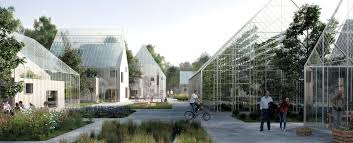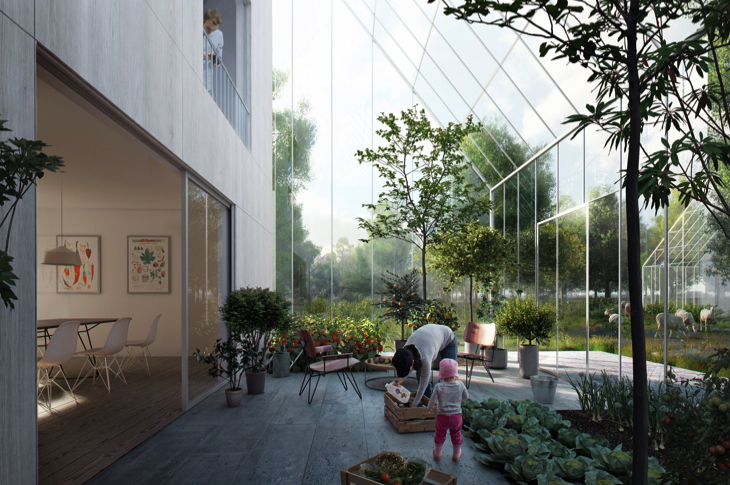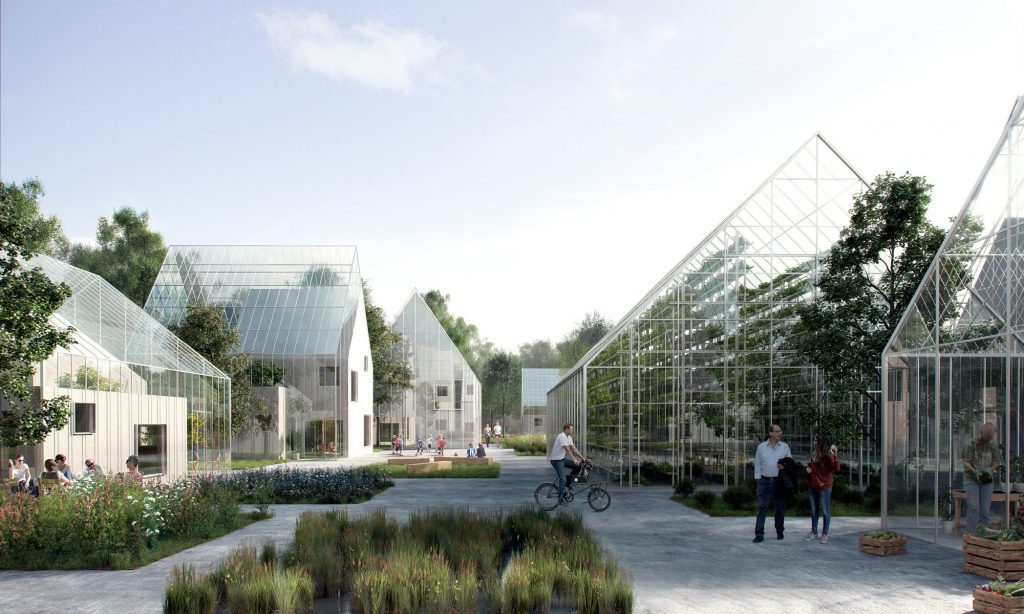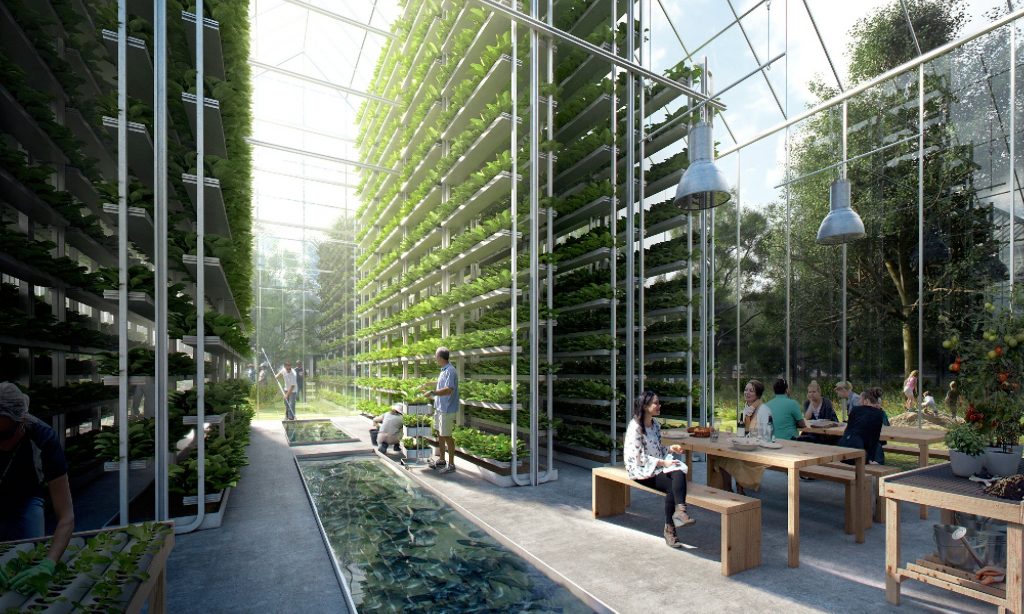
Breaking News
 EXCLUSIVE: "The HUGE Elephant In The Room Is Actually What Jeffrey Epstein Was Best At..."
EXCLUSIVE: "The HUGE Elephant In The Room Is Actually What Jeffrey Epstein Was Best At..."
 EXCLUSIVE INTERVIEW: Republican Candidate For Texas Governor "Doc" Pete Chambers Joins...
EXCLUSIVE INTERVIEW: Republican Candidate For Texas Governor "Doc" Pete Chambers Joins...
 Epstein Files Trigger Political Fallout Across Europe
Epstein Files Trigger Political Fallout Across Europe
 Conjoined twin 'influencers' who have gained more than 280,000 followers with their intimate
Conjoined twin 'influencers' who have gained more than 280,000 followers with their intimate
Top Tech News
 How underwater 3D printing could soon transform maritime construction
How underwater 3D printing could soon transform maritime construction
 Smart soldering iron packs a camera to show you what you're doing
Smart soldering iron packs a camera to show you what you're doing
 Look, no hands: Flying umbrella follows user through the rain
Look, no hands: Flying umbrella follows user through the rain
 Critical Linux Warning: 800,000 Devices Are EXPOSED
Critical Linux Warning: 800,000 Devices Are EXPOSED
 'Brave New World': IVF Company's Eugenics Tool Lets Couples Pick 'Best' Baby, Di
'Brave New World': IVF Company's Eugenics Tool Lets Couples Pick 'Best' Baby, Di
 The smartphone just fired a warning shot at the camera industry.
The smartphone just fired a warning shot at the camera industry.
 A revolutionary breakthrough in dental science is changing how we fight tooth decay
A revolutionary breakthrough in dental science is changing how we fight tooth decay
 Docan Energy "Panda": 32kWh for $2,530!
Docan Energy "Panda": 32kWh for $2,530!
 Rugged phone with multi-day battery life doubles as a 1080p projector
Rugged phone with multi-day battery life doubles as a 1080p projector
 4 Sisters Invent Electric Tractor with Mom and Dad and it's Selling in 5 Countries
4 Sisters Invent Electric Tractor with Mom and Dad and it's Selling in 5 Countries
Regenerative Villages That Produce Their Own Food And Energy Set To Roll Out In 2018

The first site will be in the Netherlands.

Credit: ReGen Villages
Off-grid housing that actually works for families is hard to come by, but that's what ReGen Villages is striving towards with their concept for new self-sustaining communities.
The startup real estate company has a dream to create regenerative communities that not only produce their own food but also generate their own power, meaning what's usually only possible for rural areas with renewable energy sources would be a reality for people that want these luxuries while having close neighbors. This idea is more than just a dream, however, as the development company has its sights on their first site in Almere, Netherlands with the goal of opening it in 2018.

Credit: ReGen Villages
ReGen's founder, James Ehrlich, told Business Insider,
"Regenerative means systems where the output of one system can actually be the input of another."
For the off-grid community, this means that household food waste would be composted to fertilize crops and feed flies, which would both promote crop growth and also feed the local fish. The fish would then fertilize aquaponic gardens, which are gardens that combine fish farming and hydroponic agriculture, and eventually feed residents.

Credit: ReGen Villages



